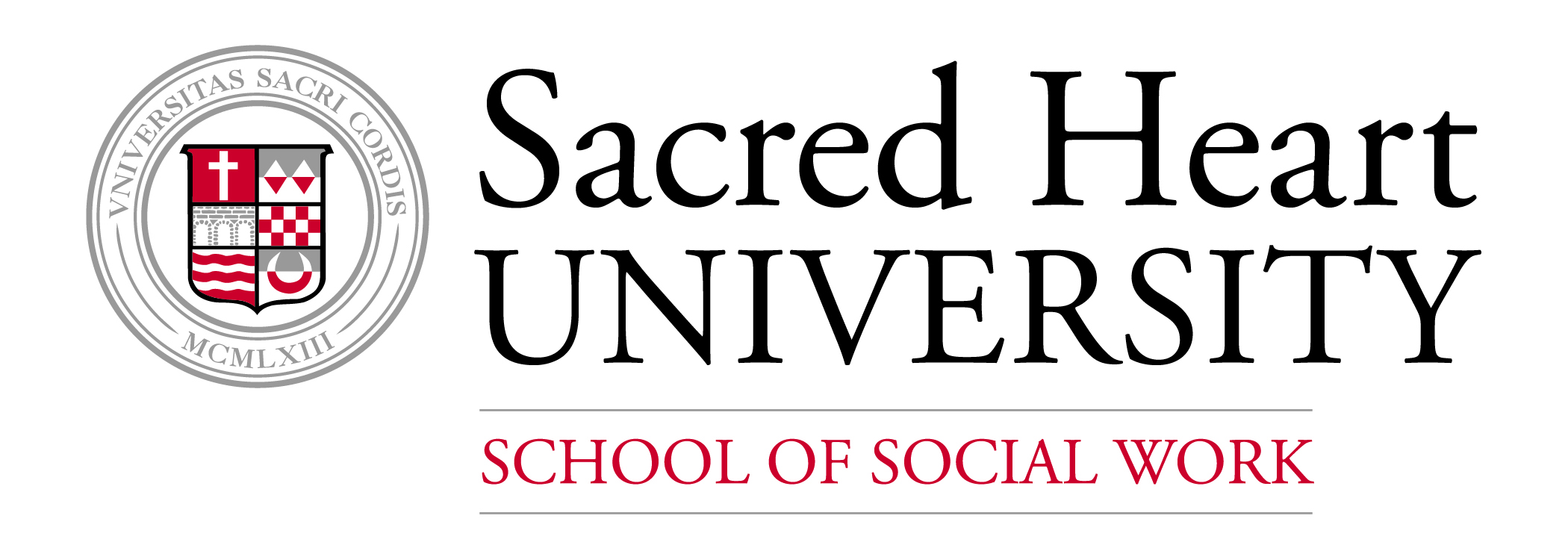Shared Traumatic Stress and the Long-Term Impact of 9/11 on Manhattan Clinicians
Document Type
Article
Publication Date
10-2011
Abstract
A sample of 481 social workers from Manhattan participated in a study of the impact of the September 11, 2001 (9/11) World Trade Center (WTC) attacks. A variety of risk factors associated with posttraumatic stress and secondary trauma were examined in relation to shared traumatic stress (STS), a supraordinate construct reflecting the dual nature of exposure to traumatic events. Risk factors included attachment style, exposure to potentially traumatic life events, and enduring distress attributed to the WTC attacks. It was expected that clinicians' resilience would mediate the relationship between these risk factors and STS. Using path analytic modeling, the findings support the study's hypotheses that insecure attachment, greater exposure to potentially traumatic life events in general, and the events of 9/11 in particular are predictive of higher levels of STS. Contrary to expectation, enduring distress attributed to 9/11 was not associated with resilience. Resilience, however, was found to be a mediator of the relationships between insecure attachment, exposure to potentially traumatic life events, and STS but did not mediate the relationship between enduring distress attributed to 9/11 and STS. Implications for theory, research, and practice are discussed.
DOI
10.1002/jts.20686
Recommended Citation
Tosone, Carol, McTighe, John, Bauwens, Jennifer, Naturale, Jennifer. "Shared Traumatic Stress and the Long-Term Impact of 9/11 on Manhattan Clinicians." Journal of Traumatic Stress 24.5 (2011): 546-552.


